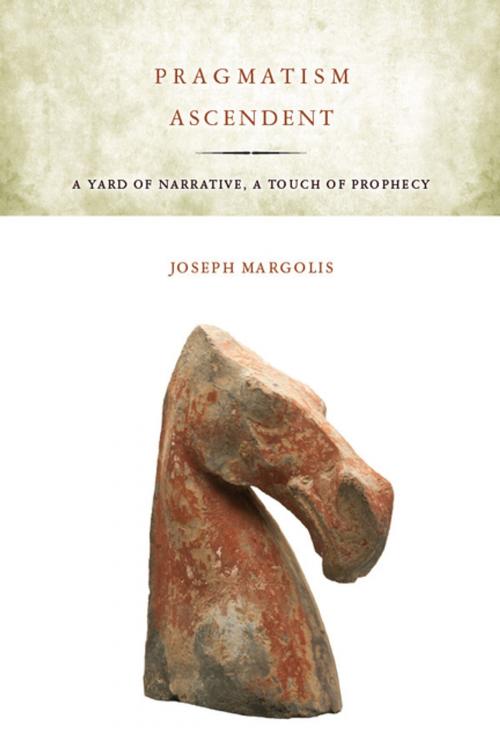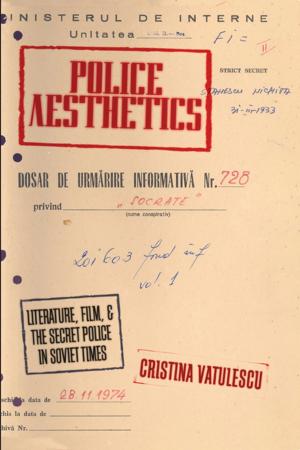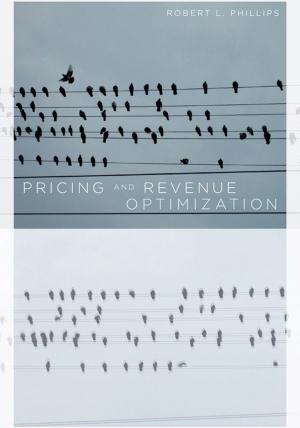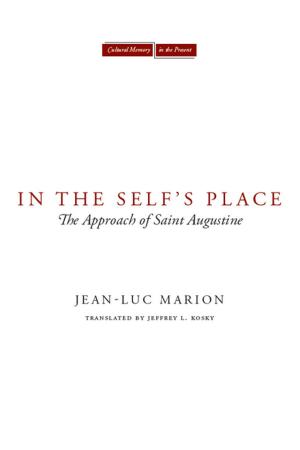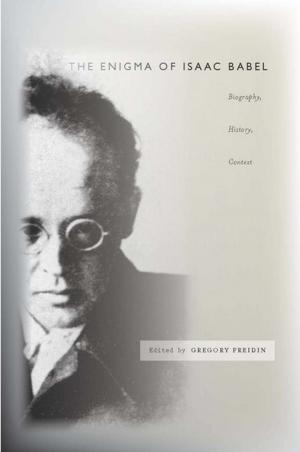Theater of State
Parliament and Political Culture in Early Stuart England
Nonfiction, History, British| Author: | Chris Kyle | ISBN: | 9780804781015 |
| Publisher: | Stanford University Press | Publication: | February 8, 2012 |
| Imprint: | Stanford University Press | Language: | English |
| Author: | Chris Kyle |
| ISBN: | 9780804781015 |
| Publisher: | Stanford University Press |
| Publication: | February 8, 2012 |
| Imprint: | Stanford University Press |
| Language: | English |
This book chronicles the expansion and creation of new public spheres in and around Parliament in the early Stuart period. It focuses on two closely interconnected narratives: the changing nature of communication and discourse within parliamentary chambers and the interaction of Parliament with the wider world of political dialogue and the dissemination of information. Concentrating on the rapidly changing practices of Parliament in print culture, rhetorical strategy, and lobbying during the 1620s, this book demonstrates that Parliament not only moved toward the center stage of politics but also became the center of the post-Reformation public sphere. Theater of State begins by examining the noise of politics inside Parliament, arguing that the House of Commons increasingly became a place of noisy, hotly contested speech. It then turns to the material conditions of note-taking in Parliament and how and the public became aware of parliamentary debates. The book concludes by examining practices of lobbying, intersections of the public with Parliament within Westminster Palace, and Parliament's expanding print culture. The author argues overall that the Crown dispensed with Parliament because it was too powerful and too popular.
This book chronicles the expansion and creation of new public spheres in and around Parliament in the early Stuart period. It focuses on two closely interconnected narratives: the changing nature of communication and discourse within parliamentary chambers and the interaction of Parliament with the wider world of political dialogue and the dissemination of information. Concentrating on the rapidly changing practices of Parliament in print culture, rhetorical strategy, and lobbying during the 1620s, this book demonstrates that Parliament not only moved toward the center stage of politics but also became the center of the post-Reformation public sphere. Theater of State begins by examining the noise of politics inside Parliament, arguing that the House of Commons increasingly became a place of noisy, hotly contested speech. It then turns to the material conditions of note-taking in Parliament and how and the public became aware of parliamentary debates. The book concludes by examining practices of lobbying, intersections of the public with Parliament within Westminster Palace, and Parliament's expanding print culture. The author argues overall that the Crown dispensed with Parliament because it was too powerful and too popular.
